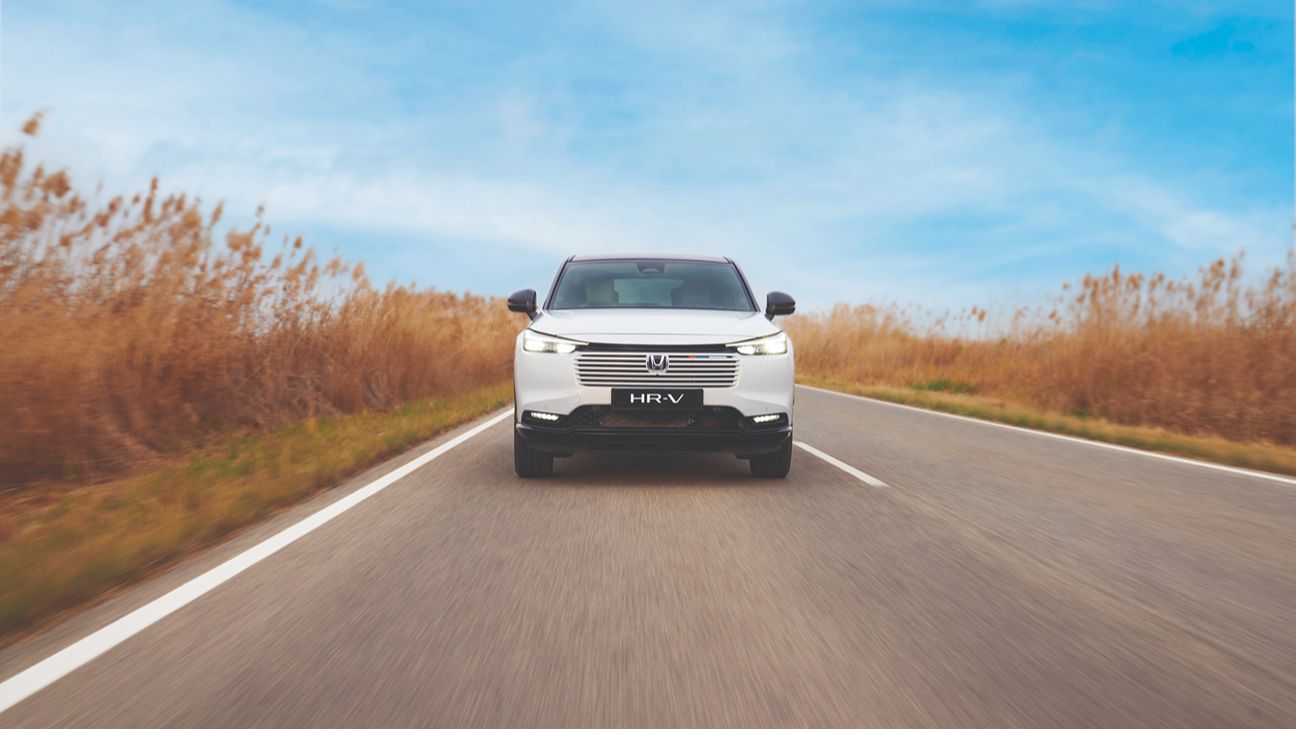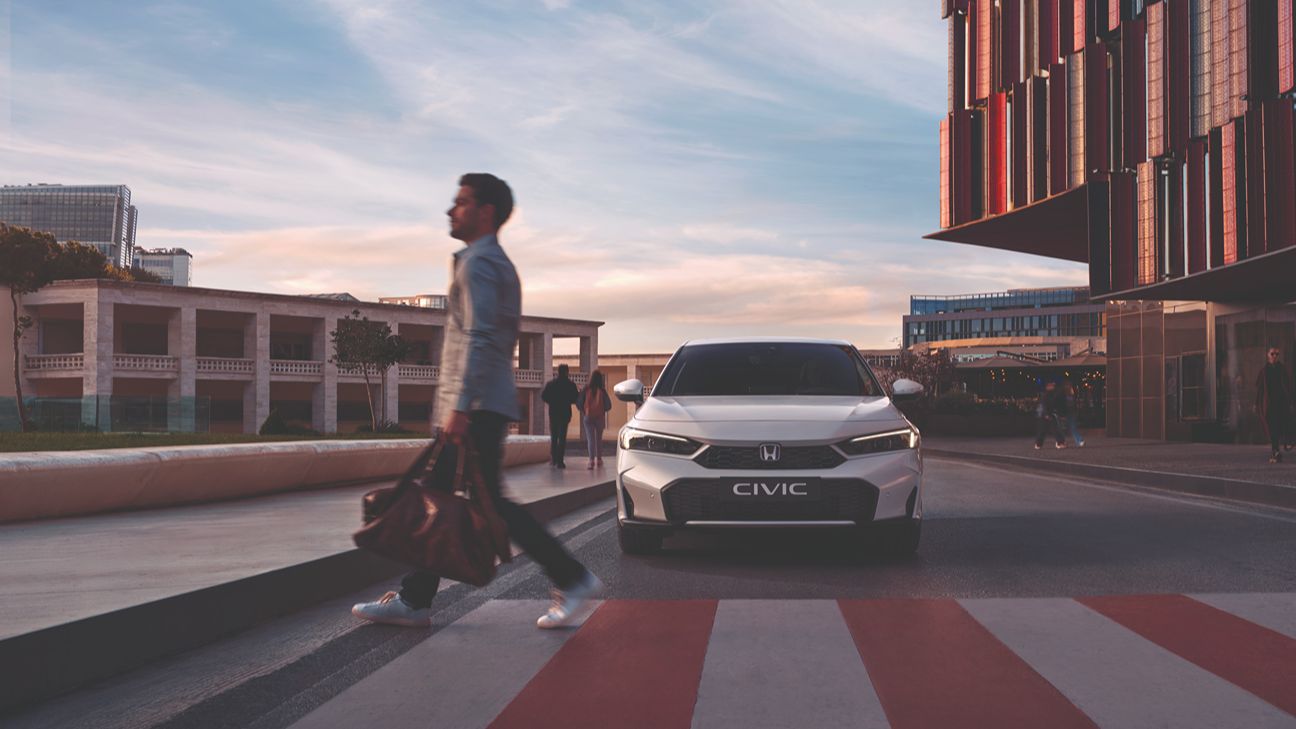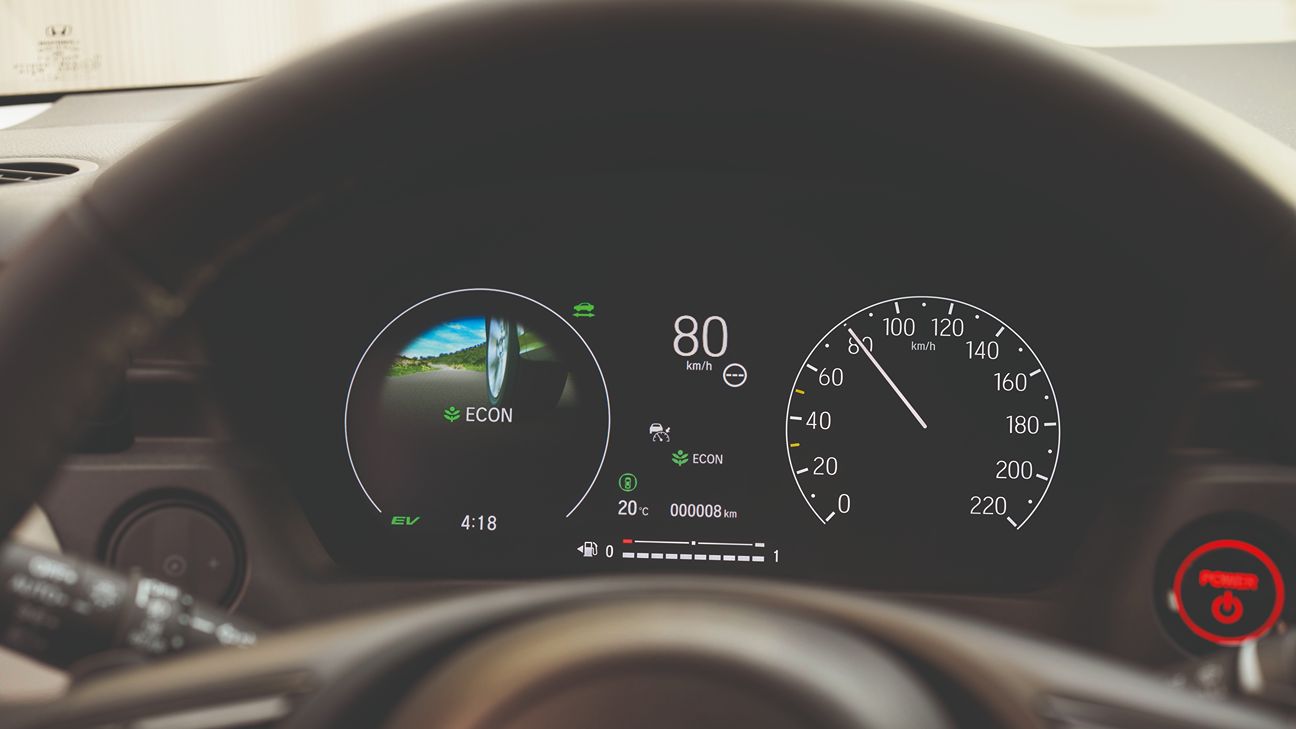How reliable are hybrid cars?
Honda hybrids are engineered for long-term performance. By seamlessly combining proven petrol engines with advanced electric motors, Honda’s hybrid vehicles are built to handle daily driving with confidence. From reduced mechanical strain to smart self-charging systems, our hybrid range offers a dependable and efficient way to drive, backed by decades of innovation.
Why are hybrids reliable?
Honda hybrids are designed to go the distance. Their key components—like the battery, braking system and engine—work together in a way that reduces strain and supports long-term performance. Here’s how each one plays a part.

Hybrid batteries are built to last
The battery is an essential part of what makes Honda's hybrid cars so reliable. Most hybrid batteries last between 125,000 and 160,000 km, with many exceeding this when cared for properly.
Honda also offers a five-year warranty or 100,000 km, giving you extra peace of mind.
Regenerative braking helps reduce brake wear
Hybrid cars like Honda’s e:HEV models use regenerative braking, a system that captures energy when you slow down and returns it to the battery. Because this slows the car down without using the conventional brakes as often, it can help extend the life of your brake pads — meaning fewer replacements over time.


Less wear on the engine
The engine isn't always in use because hybrid vehicles combine electric and petrol power, especially at lower speeds. In Honda hybrids, the electric motor typically powers the car during city driving, with the petrol engine kicking in for higher-speed journeys. This results in less engine use overall, which may contribute to reduced wear over time.
How reliable are hybrids for your driving needs?
Long journeys
Hybrid cars are perfectly suited for long journeys, thanks to their advanced technology designed to optimise fuel efficiency. The seamless transition between electric and petrol power allows the car to adapt to varying driving conditions, ensuring smooth and reliable performance over extended distances.
When cruising at higher speeds or covering greater distances, the vehicle prioritises its combustion engine for conventional transmission. This not only enhances efficiency but also ensures that the electric motor and battery are preserved for when they’re needed most, such as during slower or stop-and-go driving.


Commuting
Hybrid cars are great for daily commuting. In congested urban areas or in stop-and-go traffic, hybrids can minimise the use of the conventional engine and rely on electric power instead. Not only does this save fuel costs, but it also reduces emissions and noise pollution, contributing to a cleaner city.
Plus, if you can charge your hybrid at your workplace, even better.
Fuel efficiency
Hybrid cars provide reliable fuel efficiency, especially in city driving when you’re more likely to frequently stop and start. As you slow down, like in traffic, your brakes will capture energy through regenerative braking. This energy is then used to charge the battery, so you don’t need to use as much fuel.
Econ is a reliable tool in Honda hybrids that allows drivers to maximise fuel savings, without compromising on reliability. It limits the car from shifting into different gears while in cruise control. It also uses less energy to maintain the cabin temperature, enabling the air conditioning to work more efficiently.


.jpg/jcr:content/renditions/m_r.jpg)